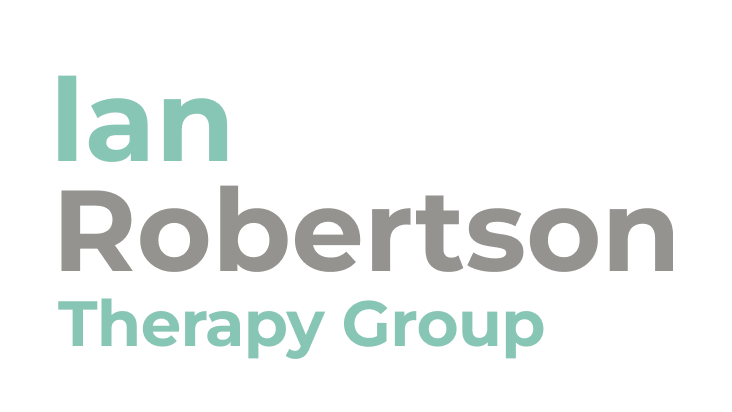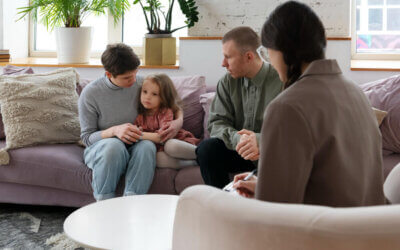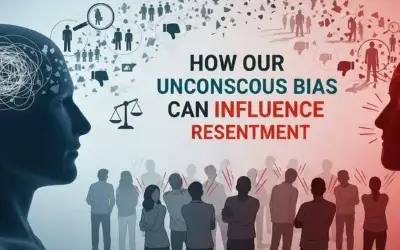
Do you ever feel like you are caught in a cycle of pointing fingers, either at yourself or others? It is easy to fall into the blame game when things go wrong. At Ian Robertson Therapy Group, we frequently hear from clients who struggle with feelings of blame, guilt, and the challenges of self-reflection. This blog was written to help you understand the difference between projecting blame onto others and reflecting inward with honesty and compassion. Learning this distinction is important because being stuck in blame keeps you trapped, while reflection can lead to growth, healing, and stronger relationships. Let’s examine how you can transition from being a projector to becoming a reflector.
Blaming vs Reflecting: What is the Difference?
Blaming is a survival response to fear or discomfort. When you blame others, you project responsibility onto them to protect yourself from facing your own role in a situation. Reflecting, on the other hand, means taking a step back and asking, “What part did I play in this?” It is about self-awareness, growth, and accountability. Blaming keeps you stuck in negativity. Reflecting opens the door to change and self-improvement.
If you are interested in how early family dynamics shape these patterns, you may want to read our blog on How Anxiety in Parents Can Affect Children.
Signs You Might Be a Blamer
If you often find yourself pointing fingers, deflecting responsibility, or feeling like the victim, you may be stuck in a cycle of blame. Blamers avoid ownership of their choices, rarely self-reflect, and struggle to grow from their experiences. Recognizing this pattern is the first step toward becoming more reflective.
Why Do We Blame Others?
Blaming protects our self-image. It allows us to avoid feelings of guilt, shame, or vulnerability. While this may feel easier in the moment, it blocks personal growth and damages relationships. Reflection, although uncomfortable, helps you learn from mistakes and prevents repeated patterns.
For more on learning how to break cycles that hold you back, see our post on Finding Acceptance and Strength in Uncertainty.
The Dangers of Blaming
Blame damages relationships, creates resentment, and limits empathy. It keeps you locked in the past and unable to move forward. Without reflection, you miss the opportunity to grow and strengthen your emotional resilience. By choosing self-reflection, you can shift from negativity to empowerment.
How to Stop Playing the Blame Game
Breaking free from blame requires honesty and self-compassion. Ask yourself: “What role did I play in this situation?” Practice journaling or mindfulness to deepen your awareness. When blame arises, pause and reflect before reacting. Over time, this practice builds resilience and healthier relationships.
Benefits of Being a Reflector
Being reflective helps you understand yourself better, build self-awareness, and strengthen your problem-solving skills. Reflectors learn from mistakes, improve relationships, and cultivate confidence. Reflection is the key to personal growth and resilience.
You may also find our blog on Understanding Your Relationship Attachment Style helpful, as it explores how early attachments influence how we respond to conflict and relationships today.
Ways to Develop Reflective Thinking
Set aside quiet time each day to reflect. Keep a journal to track insights and patterns. Practice mindfulness to observe your thoughts without judgment. Seek feedback from others and be open to their perspective. Developing reflective thinking takes practice, but it leads to lasting positive change.
How Therapy Supports Self-Reflection
Therapy provides a safe and non-judgmental space to build self-reflection skills. With the guidance of a therapist, you can explore how past experiences shape current patterns, gain deeper self-understanding, and develop new ways of responding. At Ian Robertson Therapy Group, we support clients in uncovering these patterns and finding healthier, more empowering approaches to life.
Conclusion
The choice is yours. You can remain stuck in the cycle of blame or step into the growth that comes with reflection. While blaming feels easier in the moment, it limits your growth and damages relationships. Self-reflection, though sometimes uncomfortable, is the path toward clarity, confidence, and meaningful change. If you are ready to explore these patterns and begin shifting from blame to reflection, our team is here to support you.











